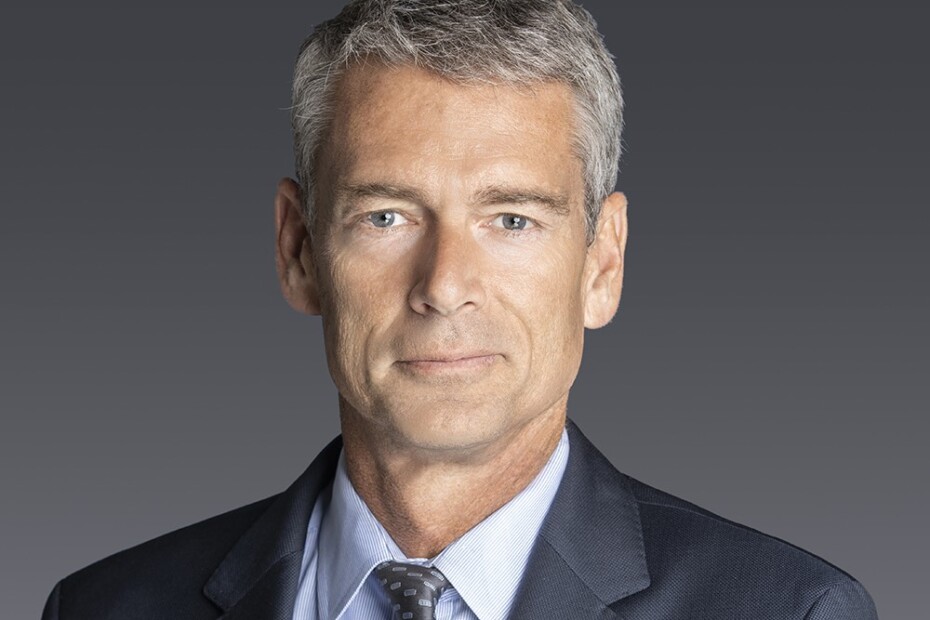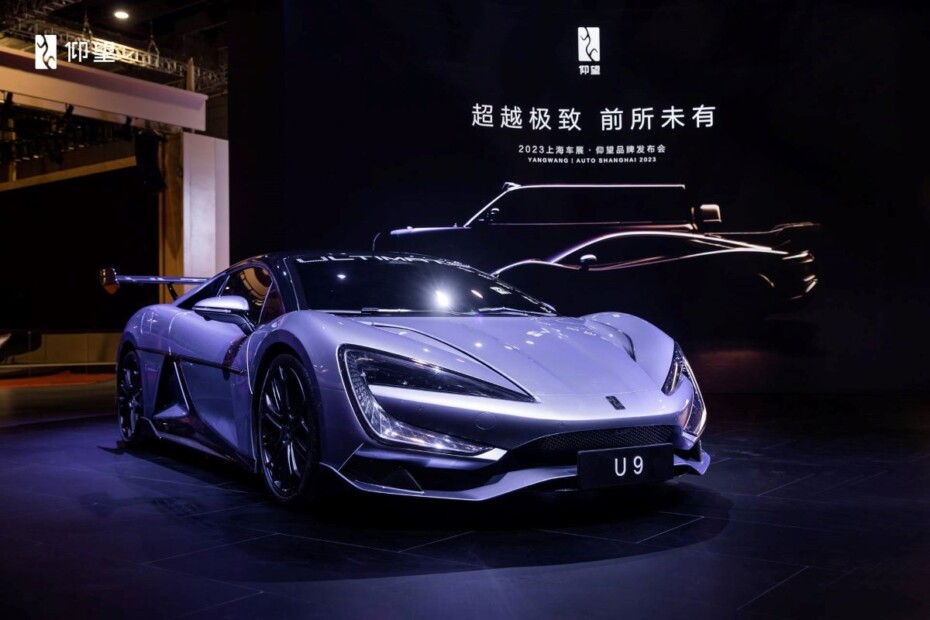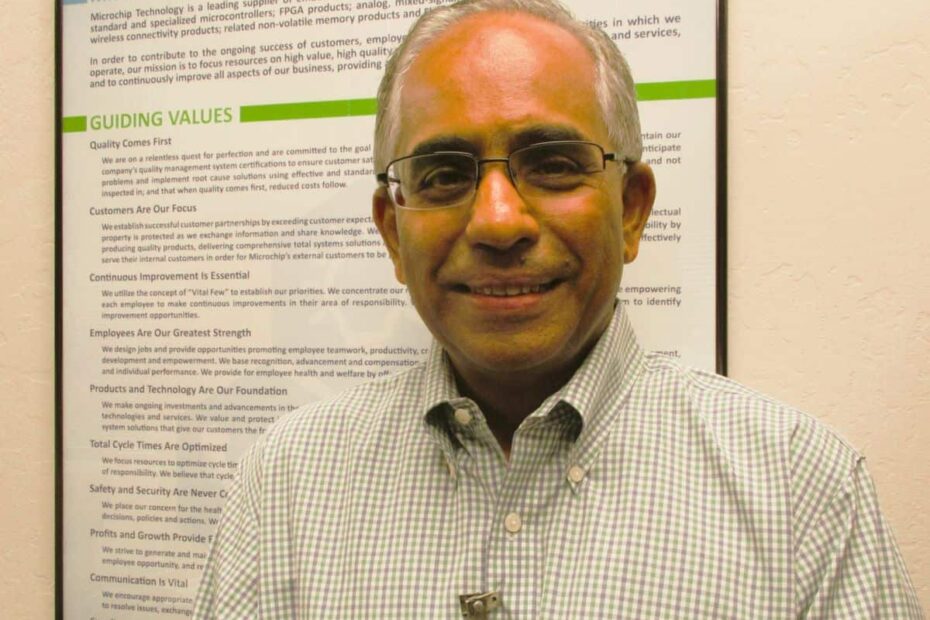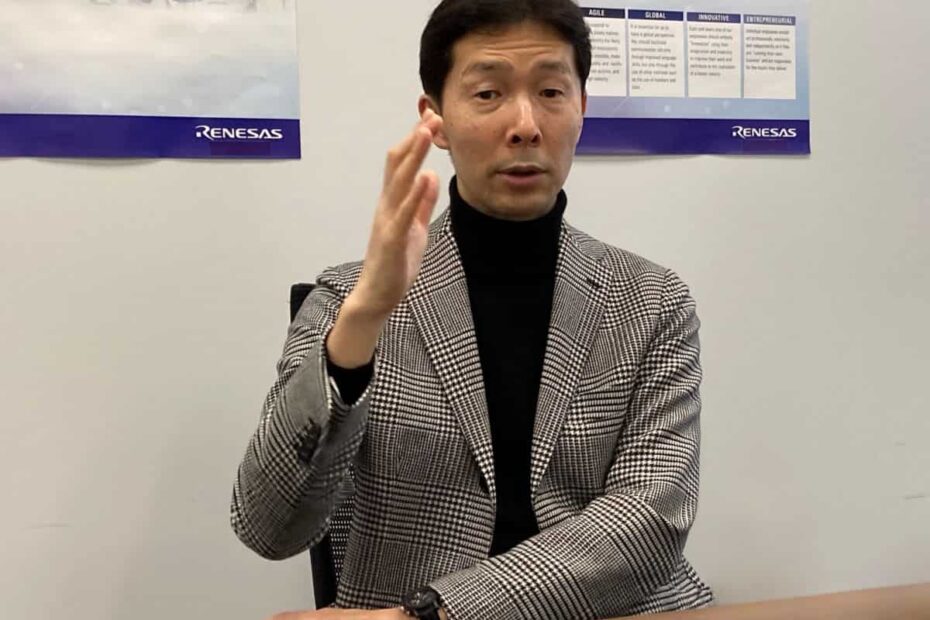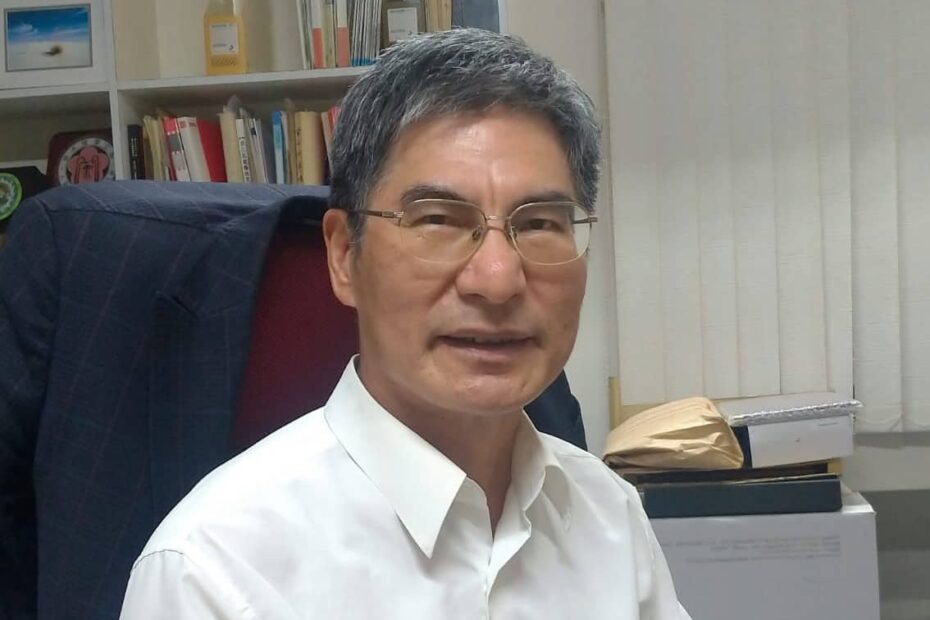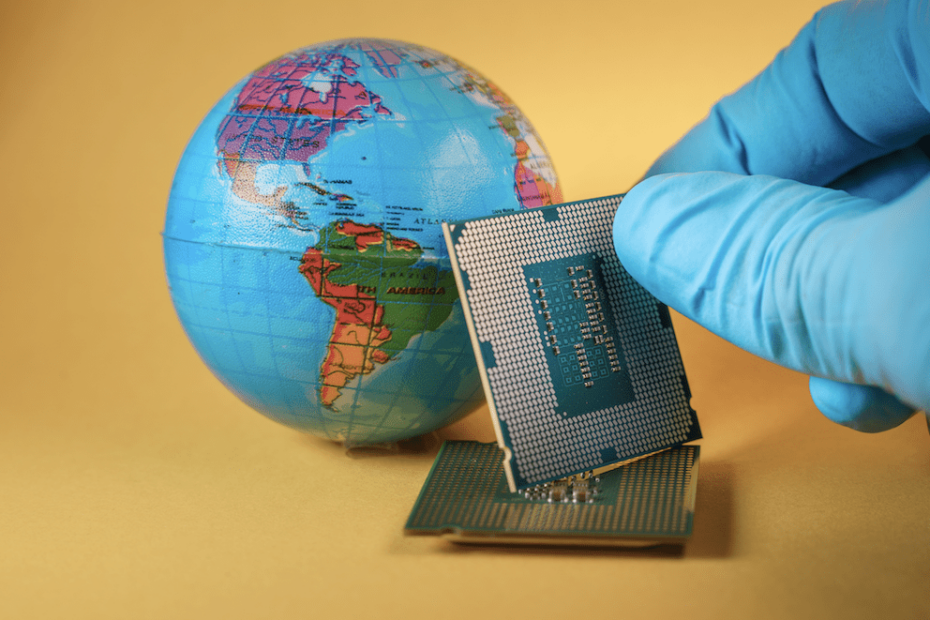By Junko Yoshida
Since Open AI opened the door for anyone to play with ChatGPT last November, it seems as though the whole world can’t stop talking about it.
At the Ojo-Yoshida Report, Peter Clarke wrote a ChatGPT primer and declared it—despite its current idiosyncrasies — “an AI ‘babe in arms,’ destined to become far more capable and sophisticated.”
In contrast, Girish Mhatre, who penned “ChatGPT Will Eat Our Brains” for the Ojo-Yoshida Report, isn’t so sanguine. “The genie,” he cautioned, “is out of the bottle. Nothing will be the same again.” He suggests that OpenAI’s only responsible option is “to pull back, to restrict ChatGPT access to a trusted cadre of ‘tire kickers’ charged with probing every aspect of the product from a user point of view, for a year.”
Like everyone else, we’re probing both the intended and unintended consequences of generative AI.
Amidst this controversy, we recently had Missy Cummings as our podcast guest. Cummings is director of George Mason University’s Center for Robotics, Autonomous Systems and Translational AI. She was one of the Navy’s first female “top gun” fighter pilots, flying an F/A-18 Hornet from 1988-1999.
Below is our conversation with Cummings on ChatGPT and generative AI, excerpted from our podcast.
Read More »Gauging ‘Reasonable Risk’ in ChatGPT 

